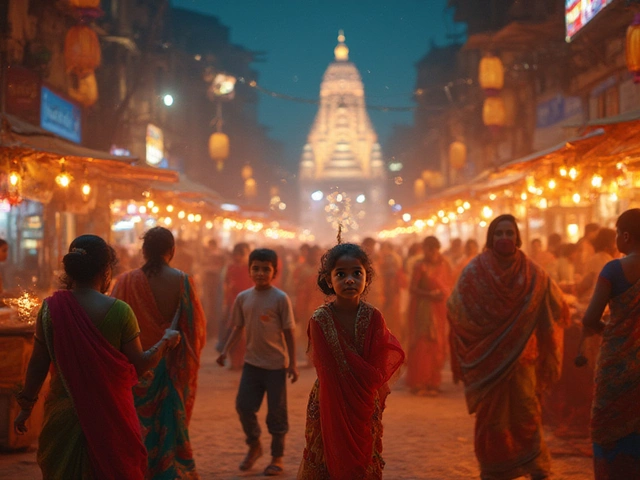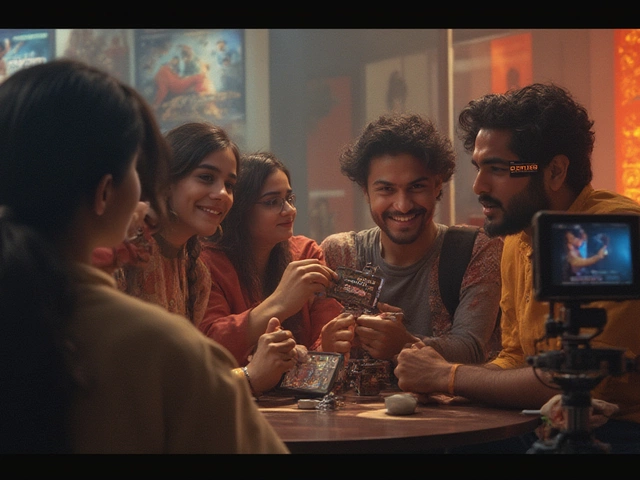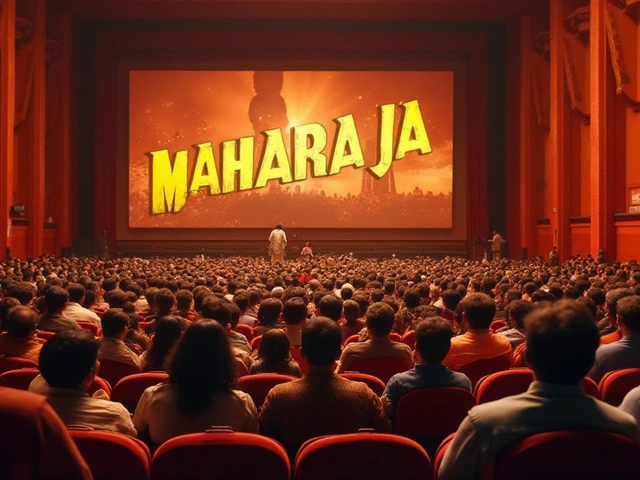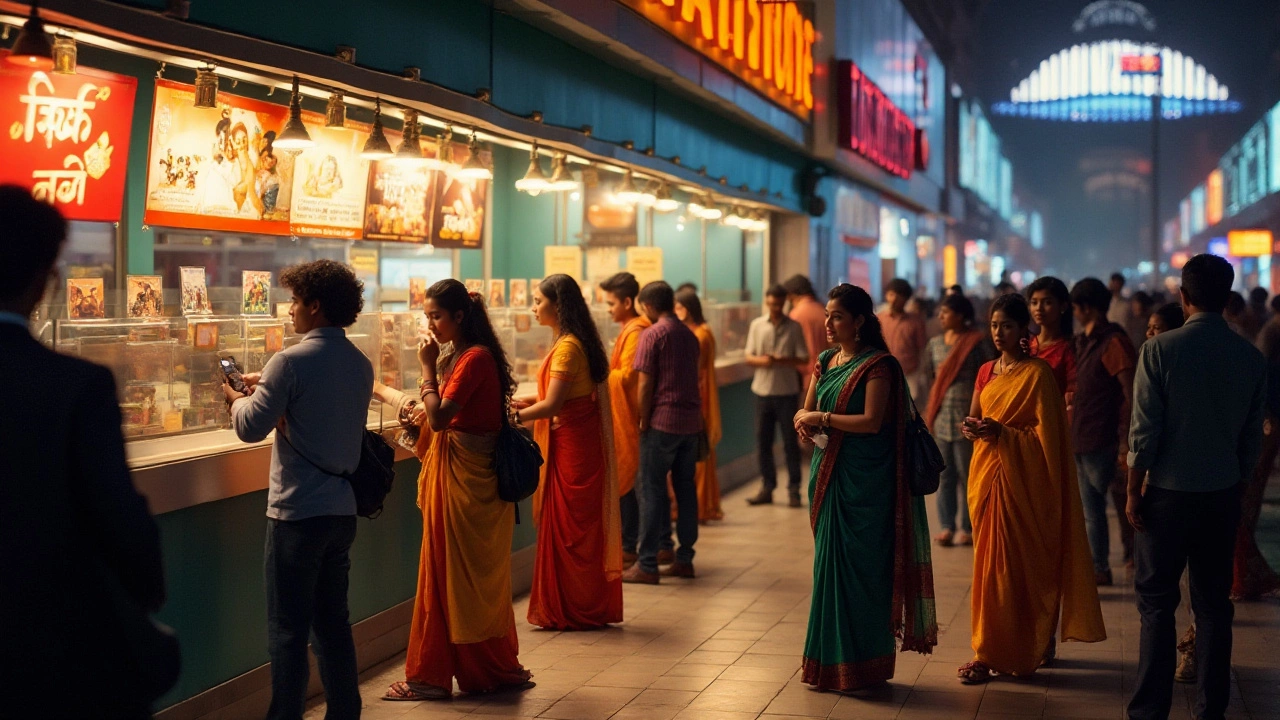Ticket Pricing in Indian Cinema: Trends, Factors & Impact
Ticket Pricing the amount a viewer pays to watch a film in a theater, varying by city, cinema format, and demand, and directly shaping box office earnings. Also known as movie ticket cost. Ticket Pricing isn’t just a number on a screen – it’s the gateway that decides whether a family watches a blockbuster on opening night or waits for a cheaper matinee. In India, the same film can cost anywhere from ₹80 in a small town to over ₹500 for an IMAX show in a metropolitan mall. That spread reflects local purchasing power, competition from streaming platforms, and the theater’s need to cover higher operating costs. Understanding these layers helps you see why a hit like "Pathaan 2" can break records in one region while struggling in another.
Key Factors That Drive Ticket Prices
First, Cinema Format type of screen experience such as standard, 3D, IMAX or premium multiplex. Premium formats add a surcharge because they require special equipment, larger screens, and often a more immersive sound system. Cities like Mumbai and Delhi have multiple IMAX halls, pushing ticket costs up for audiences craving that big‑screen thrill. Second, location matters. Metro areas command higher rents, so theaters charge more to stay profitable, while tier‑2 and tier‑3 towns keep prices low to attract footfall. Third, time of day and day of week play a role – weekend evenings are priced at a premium, whereas weekday mornings offer discount tickets to fill empty seats. Finally, special events like film festivals or celebrity premieres can temporarily hike prices, turning a regular screening into a must‑see occasion.
All these variables connect straight to the Box Office total revenue generated from ticket sales across all theaters for a film.. A film’s opening‑day gross is essentially the sum of its ticket prices multiplied by the number of seats sold. When a blockbuster launches in a city with higher average ticket costs, its box office figure looks larger even if the audience size is similar to a lower‑priced market. That’s why analysts often adjust gross numbers for inflation and regional price differences to compare performance fairly. The relationship between ticket pricing and box office is a two‑way street: strong buzz can justify higher prices, while steep prices can deter viewers and dampen earnings.
Enter Dynamic Pricing pricing strategy that adjusts ticket cost in real time based on demand, showtime and seat availability.. Some Indian multiplex chains have begun experimenting with algorithms that raise prices for sold‑out shows and lower them for under‑booked slots. The goal is simple: maximize revenue per screen while keeping seats filled. This approach mirrors airline ticketing and rides‑hailing surge pricing, turning movie‑going into a data‑driven experience. However, it also raises concerns about affordability, especially for students and low‑income families. The balance between profit and accessibility is still being debated across the industry.
Beyond the theater, streaming services add another layer to the ticket‑pricing conversation. When a film releases on a platform like Hotstar or Netflix shortly after its cinema debut, theaters may lower prices to compete with the convenience of a home view. Conversely, exclusive theatrical windows can justify premium pricing, as fans who want the first look are willing to pay more. This tug‑of‑war influences how distributors schedule releases, decide on regional pricing strategies, and negotiate revenue shares with exhibitors. As you scroll through the collection below, you’ll see how ticket pricing intertwines with box office triumphs, regional preferences, and emerging pricing models. Whether you’re curious about why a blockbuster’s earnings skyrocket in Mumbai or how dynamic pricing could change your next movie night, the articles ahead unpack the numbers, the strategies, and the real‑world impact of every rupee you spend on a ticket.
Comparing Box Office and Online Movie Tickets: Which Is Cheaper?
Wondering whether buying movie tickets at the box office is cheaper than purchasing them online? The debate between the two options has movie-goers scratching their heads. Both avenues come with their own advantages and cost structures, influenced by various factors like convenience fees, promotions, and technological innovations. This article delves into analyzing these factors, revealing some interesting industry trends and providing tips on how to get the best ticket deals.





